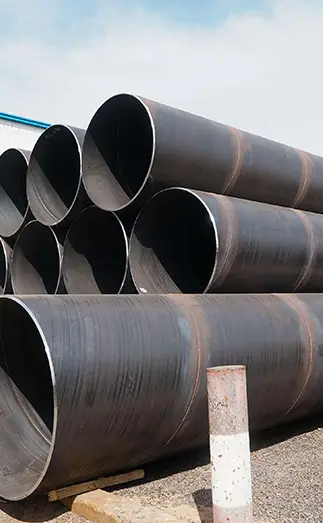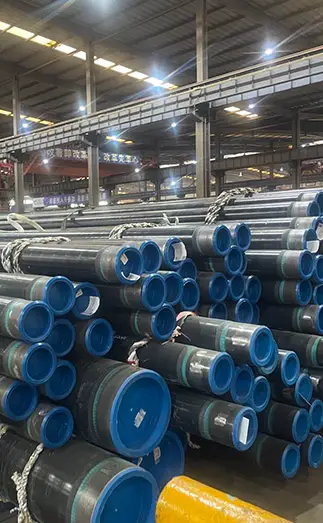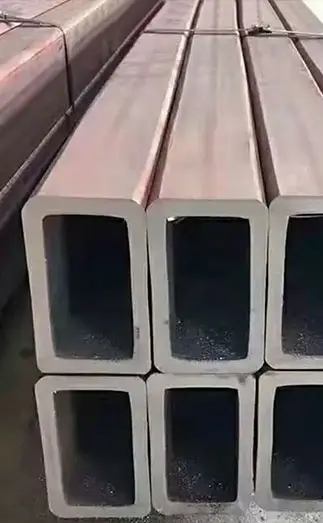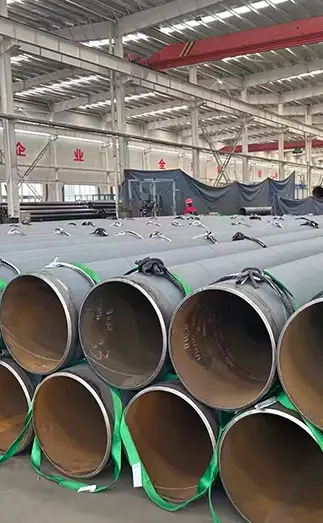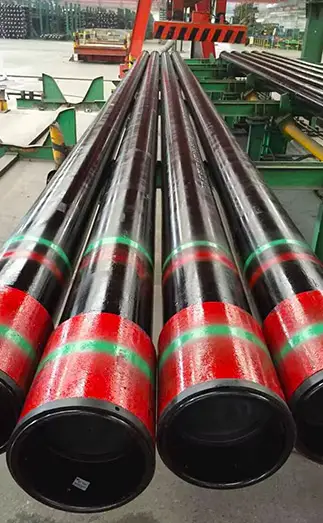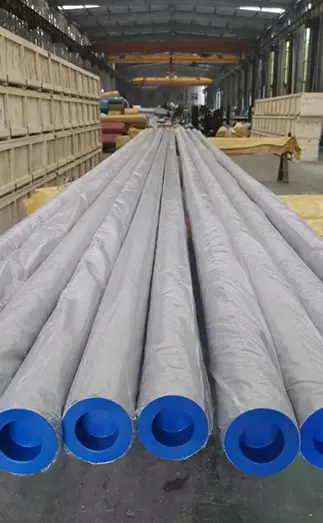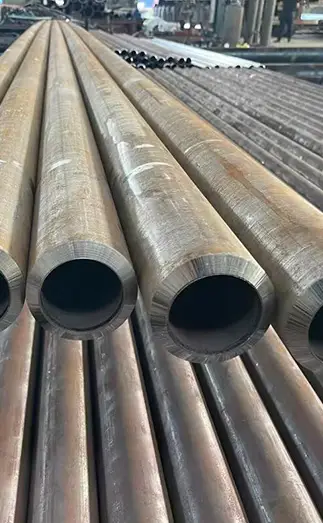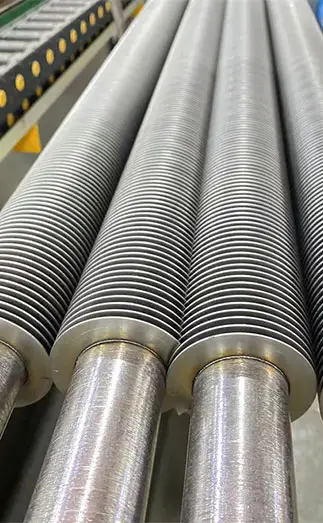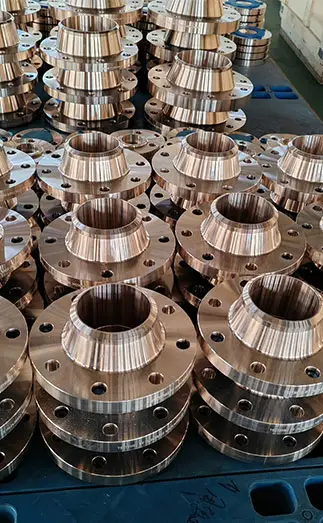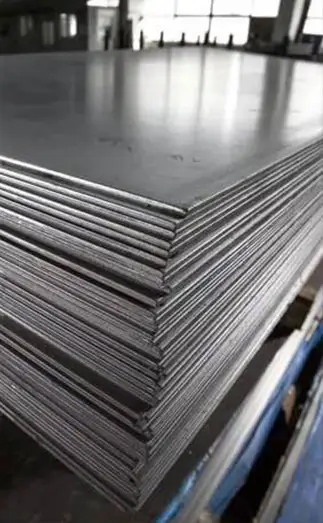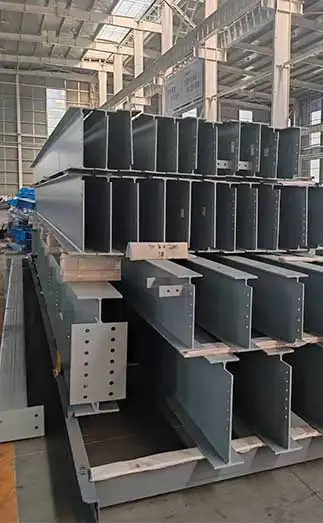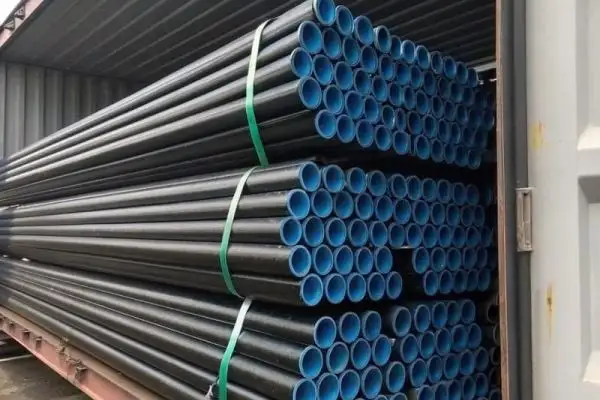LSAW (Longitudinal Submerged Arc Welded) steel pipes are widely used in various industries, particularly for transporting liquids and gases. Given their importance in infrastructure and construction projects, extending their service life is crucial for ensuring efficiency and reducing costs. Here are several effective strategies to enhance the longevity of LSAW steel pipes.
1. Corrosion Protection
Corrosion is one of the primary factors that can significantly shorten the lifespan of steel pipes. To combat this, applying protective coatings is essential. Coatings like epoxy or polyethylene can create a barrier that prevents moisture and corrosive substances from contacting the steel surface. Additionally, implementing cathodic protection systems can further safeguard against corrosion by utilizing sacrificial anodes to divert corrosion away from the pipes.
2. Proper Installation
The installation process plays a vital role in the long-term performance of LSAW steel pipes. Ensuring that pipes are installed using correct techniques is crucial to minimizing stress and strain. Misalignment or improper support can lead to mechanical failures over time. Engaging experienced professionals for installation and adhering to industry standards can help avoid potential pitfalls.
3. Regular Inspections
Routine inspections are essential for the proactive management of LSAW steel pipes. Regularly checking for signs of wear, corrosion, or other damage allows for early detection of issues. Utilizing advanced technologies such as ultrasonic testing or visual inspection can help identify problems before they escalate, enabling timely repairs and maintenance.
4. Environmental Considerations
Environmental factors can significantly impact the integrity of steel pipes. Exposing LSAW pipes to harsh chemicals, extreme temperatures, or high humidity can accelerate deterioration. To mitigate these risks, it is essential to assess the environmental conditions where the pipes will be used and take preventive measures. For instance, in chemical-heavy environments, selecting appropriate materials and protective measures can help maintain pipe integrity.
5. Maintenance Programs
Implementing a regular maintenance schedule is crucial for the longevity of LSAW steel pipes. This should include cleaning the pipes to remove any buildup of debris or corrosive substances, as well as conducting repairs as needed. A well-structured maintenance program can prevent minor issues from developing into major problems, ultimately extending the service life of the pipes.
6. Quality Control
The quality of materials used in manufacturing LSAW steel pipes directly influences their durability. Ensuring strict quality control during the manufacturing process is paramount. By selecting high-quality materials and adhering to rigorous manufacturing standards, manufacturers can produce steel pipes that are more resilient to wear and environmental factors.
Conclusion
Extending the service life of LSAW steel pipes involves a multifaceted approach that includes corrosion protection, proper installation, regular inspections, environmental considerations, maintenance programs, and quality control. By implementing these strategies, industries can enhance the durability of their steel pipes, ensuring reliable performance and reducing long-term operational costs. Investing in the longevity of LSAW steel pipes ultimately pays off through increased efficiency and safety in various applications.



 English
English Español
Español Français
Français بالعربية
بالعربية